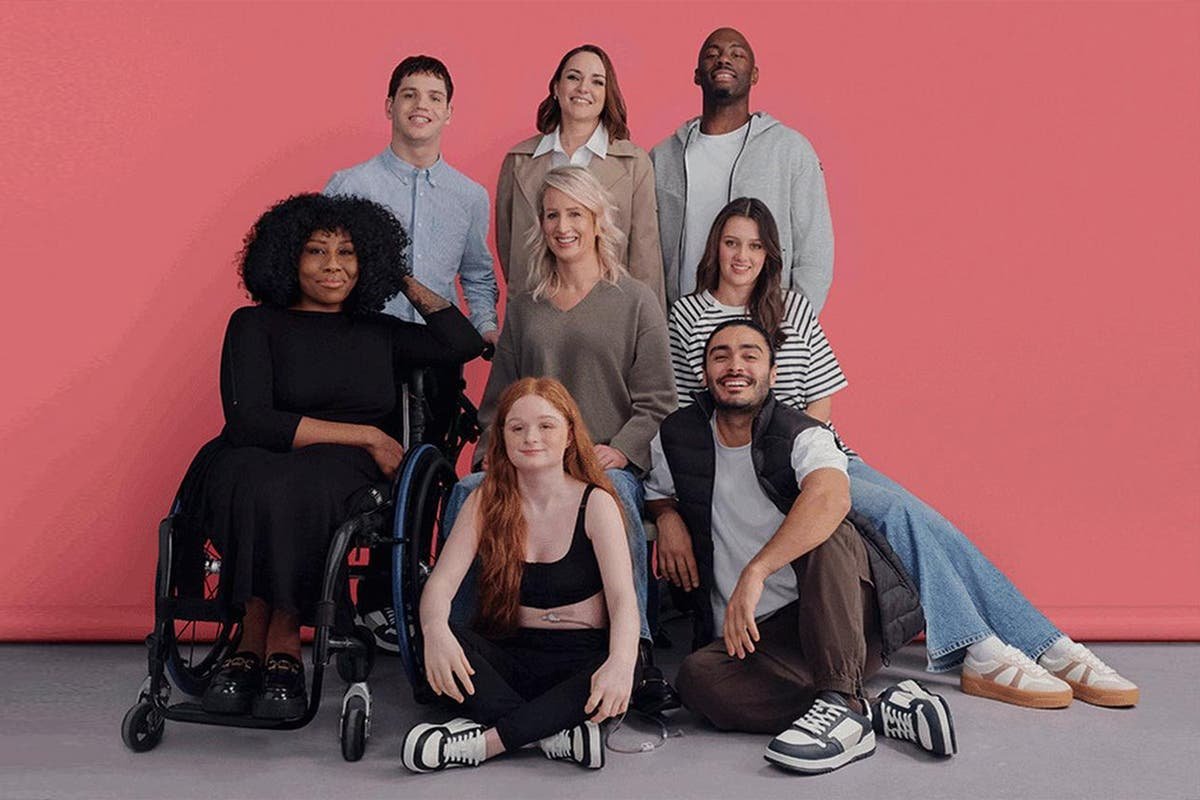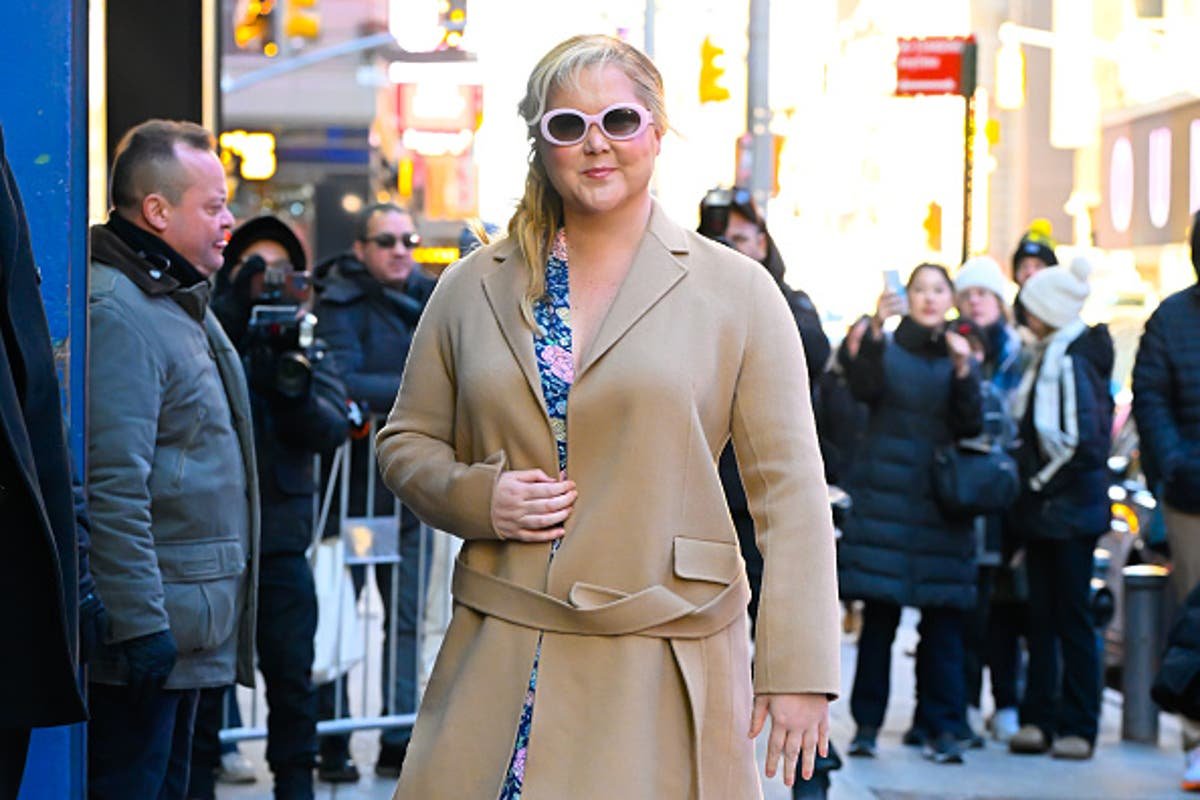
Primark launches clothing range designed for people with disabilities
Your support helps us to tell the story
From reproductive rights to climate change to Big Tech, The Independent is on the ground when the story is developing. Whether it’s investigating the financials of Elon Musk’s pro-Trump PAC or producing our latest documentary, ‘The A Word’, which shines a light on the American women fighting for reproductive rights, we know how important it is to parse out the facts from the messaging.
At such a critical moment in US history, we need reporters on the ground. Your donation allows us to keep sending journalists to speak to both sides of the story.
The Independent is trusted by Americans across the entire political spectrum. And unlike many other quality news outlets, we choose not to lock Americans out of our reporting and analysis with paywalls. We believe quality journalism should be available to everyone, paid for by those who can afford it.
Your support makes all the difference.
Primark is Britain’s one-stop-shop for stocking up on cheap underwear and pyjamas, but it’s now the UK’s first high street brand to launch a full-scale clothing range designed for people with a range of disabilities.
The new collection has been designed in collaboration with Victoria Jenkins, a disabled fashion designer and founder of the adaptive clothing brand Unhidden, with the aim of making dressing simpler and more stylish, with adaptive features including magnetic zippers, snap fastenings, waist loops that help to pull up trousers and hidden openings for tube, stoma or catheter access.
The collection – the first of its kind from a high street retailer – includes a smart, white women’s poplin shirt (£18) that features accessible openings for tubes, a men’s straight-leg jean (£14), which features magnetic button closures, waistband pulls and tube-access pockets, and a women’s trench coat (£40), which comes with magnetic-fastening pockets and is available in a cropped version for people who are seated.
For the seated version of the trench, Jenkins, the garment technologist-turned-designer who founded Unhidden in 2016, ensured adaptions were made so that the material didn’t rub on the wheels of a manual wheelchair.
“What I love about it is that it just looks like a cropped trench – anyone could wear that and no one would know what we’ve built into it,” she told The Independent. “You can change the width of the hem, there’s snap fastenings on both sides so you can reduce the hem so it doesn’t graze over the wheels,” she explains. “It also means that they’re not sat on excess fabric that they don’t need.”

The designer says that working with Primark has allowed her to have a bigger budget to include features that she wouldn’t otherwise afford for her independent business.
“I couldn’t afford magnetic zips at Unhidden but Primark could. I didn’t care how it happened – as long as it was on the high street, I wanted to do whatever I could for the community first,” she said.
In a campaign video launched by Primark, one model with a prosthetic leg praised the accessible zips on the men’s trousers for making it easier to get dressed faster, while another model praised the magnetic fastening on the clothes due to limited function in her hands.
Primark’s research has highlighted the challenges and frustrations disabled people face when it comes to fashion and buying clothing, with 80 per cent of respondents saying they felt excluded from buying fashionable clothes. Meanwhile, three quarters (75 per cent) said they found it difficult to find accessible clothing, while seven out of 10 said they spend more on clothing that meets their needs.
Jenkins was inspired to founder Unhidden after she became disabled in her mid-twenties and had a chance conversation about the scarcity of adaptive clothing with a woman staying in the same hospital as her.

“I had some life-saving surgery in 2012, but four years later in 2016, I was in hospital with a woman who had survived ovarian cancer but had two stomas lining her arm, one in her chest,” says Jenkins. “She knew I worked in fashion and she said to me, ‘I wish I could wear what I want to at home and at work. I can’t go to parties and wear what I want to. I’m just stuck in what’s easily accessible and washable.’”
“I whipped out my laptop – because I was working from my hospital bed – and I was like, ‘this is so obvious.’”
After some research, Jenkins noticed that the majority of adaptive clothing was synthetic, old-looking and designed from the carer’s perspective.
In 2023, Unhidden debuted a collection at London Fashion Week with models walking and rolling down the catwalk, showcasing a collection made for three body types: short stature, seated and ambulatory.
“When I launched Unhidden, I thought I’d just make clothes,” she says. “I didn’t think I’d do runway shows, I didn’t think a brand would ever speak to me.”
Jenkins says that it’s taken so long for high-street retailers to catch up due to the lack of representation of disabled people in head offices and design teams.
“If you have a design team and no one on that design team is disabled, it’s just not going to cross your mind,” she said. “There’s so much we’d like to happen, but they’re not making things for us. And I think retailers are scared of getting it wrong to the point they don’t want to do it.”
Primark’s adaptive collection will be available from Tuesday 28 January in 31 stores nationwide and through the 113 UK stores offering Click & Collect.








